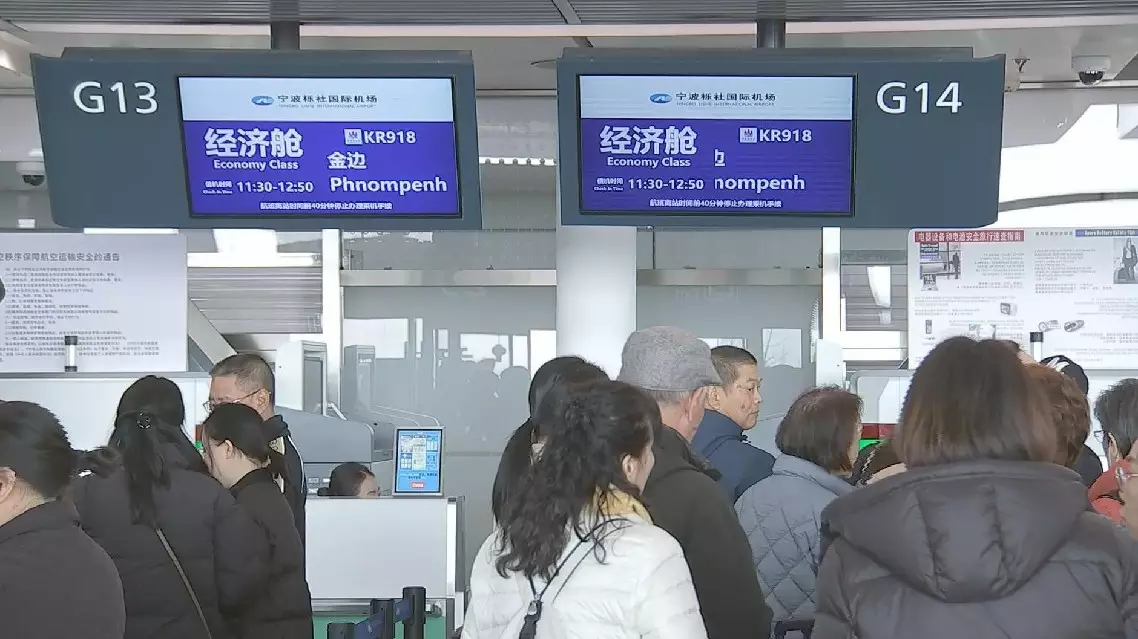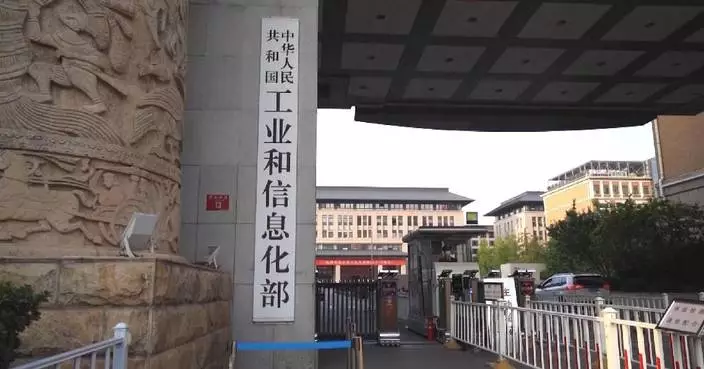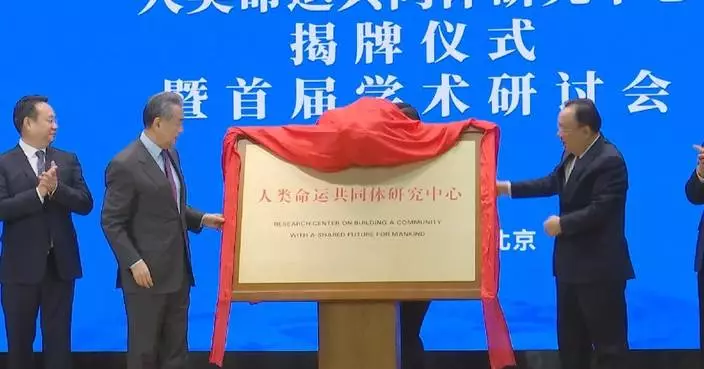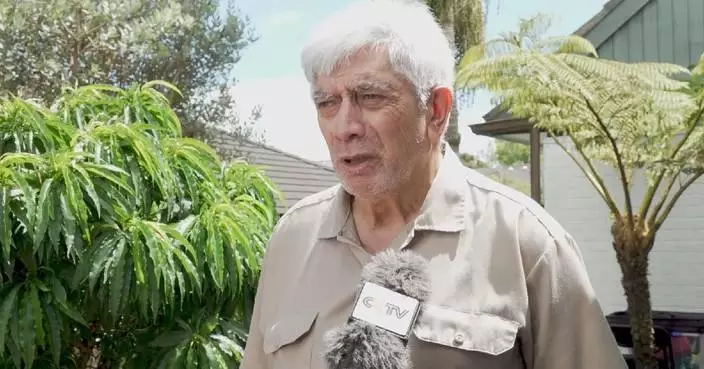China supports comprehensive, meaningful and systemic reform of the United Nations (UN) Security Council, China's Permanent Representative to the UN Fu Cong said on Monday.
Speaking at a plenary session of the General Assembly on Monday, Fu pointed out that the authority and credibility of the Security Council are being increasingly undermined as power politics, geopolitical rivalries, and the double standards continue to impose influence on the its operation.
Currently, the conflict in the Gaza Strip has lasted for over a year, causing unprecedented death and destruction. Yet, certain countries have consistently blocked meaningful action by the Council, preventing the effective implementation of relevant resolutions. The Council needs comprehensive, meaningful and systemic reform, as the current situation is neither sustainable nor acceptable, according to Fu.
"Reform of the Security Council should reflect the realities of international politics, align with the trend towards a multipolar world, the growing democratization of global relations, and the increasing influence of the Global South," said Fu.
In addition, Fu emphasized that the only legitimate way to discuss Security Council reform is through intergovernmental negotiations. He warned that any attempt to bypass this established process would not receive support from UN member states and would only undermine the reform progress that has already been made in improving the Council.
"Complex issues cannot be solved with simple solutions. Any reform proposal must address the concerns of all parties and stand the test of time and history. We strongly oppose forcing through reforms, which would undermine unity among UN member states and create new conflicts," he said.
At present, the key issues in Security Council reform include the categories of membership, the power of veto, the allocation of regional seats, the size of an enlarged Council, its working methods and its relationship with the General Assembly, said Fu.
Fu said that China supports a comprehensive approach to addressing all of these issues. He stressed that any reform proposal should be built on broad consensus, reflect the common interests of UN member states, and be in line with UN's long-term development goals.
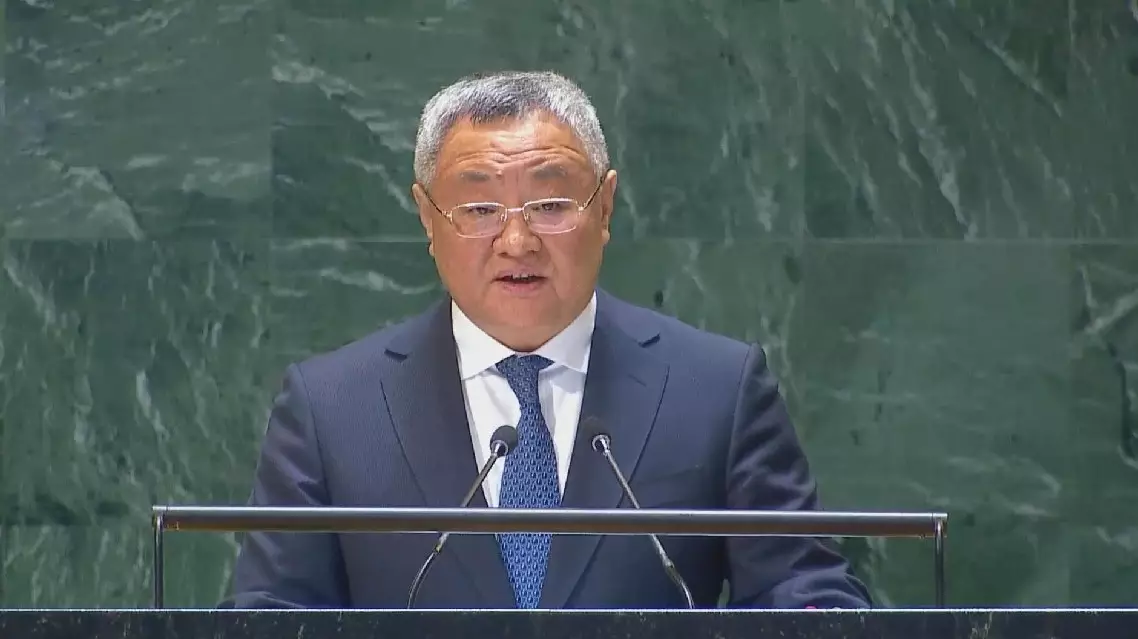
China supports comprehensive, systemic reform of UN Security Council: envoy
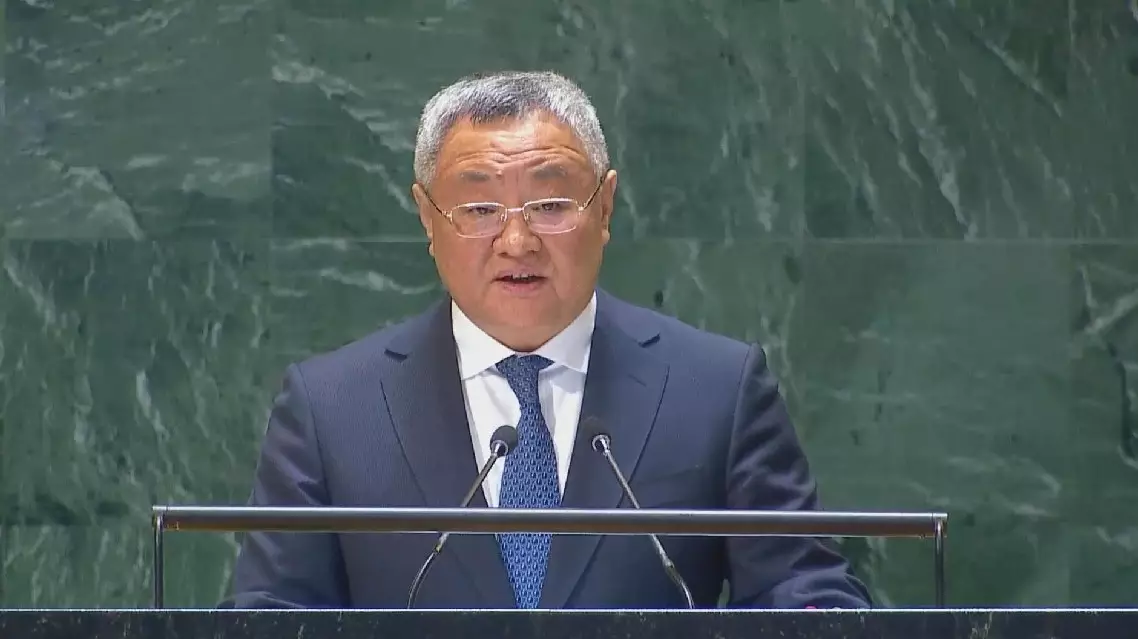
China supports comprehensive, systemic reform of UN Security Council: envoy
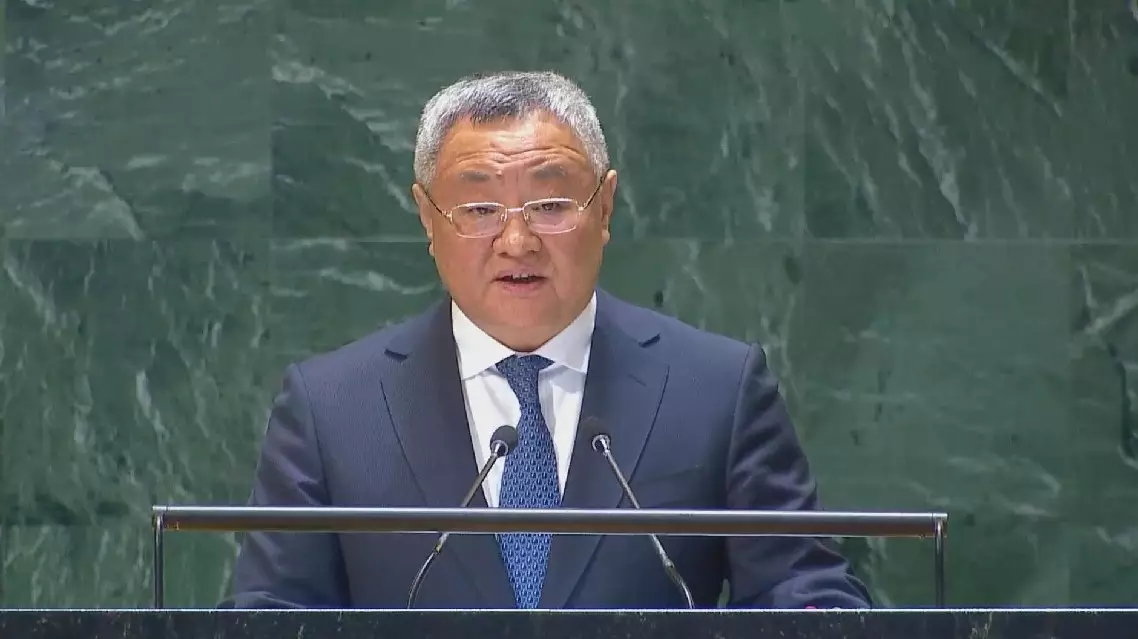
China supports comprehensive, systemic reform of UN Security Council: envoy
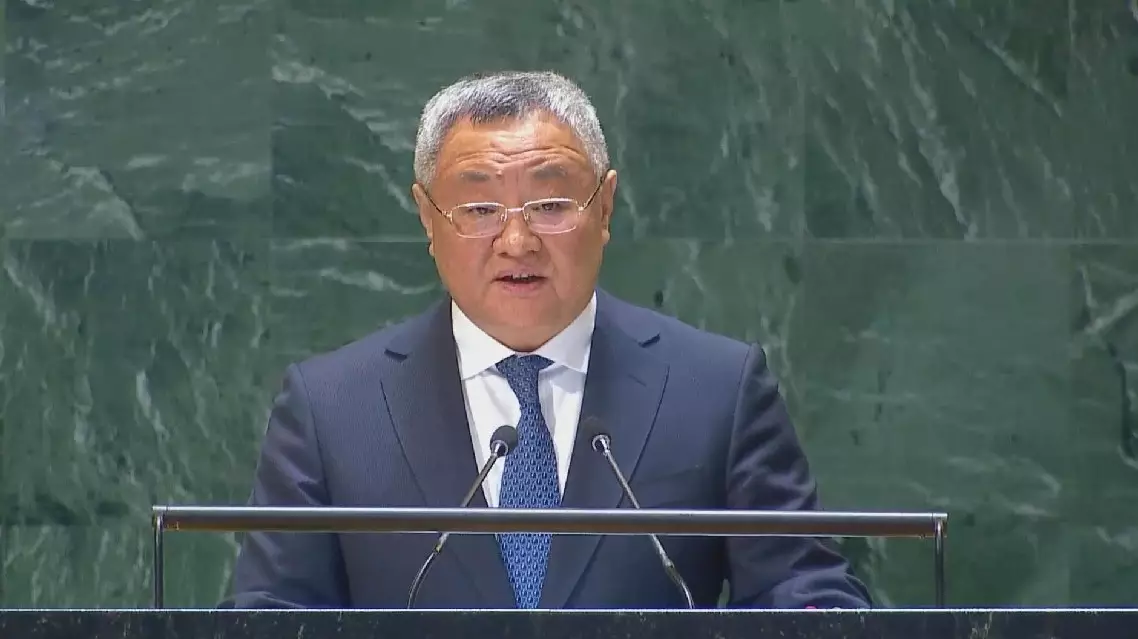
China supports comprehensive, systemic reform of UN Security Council: envoy


